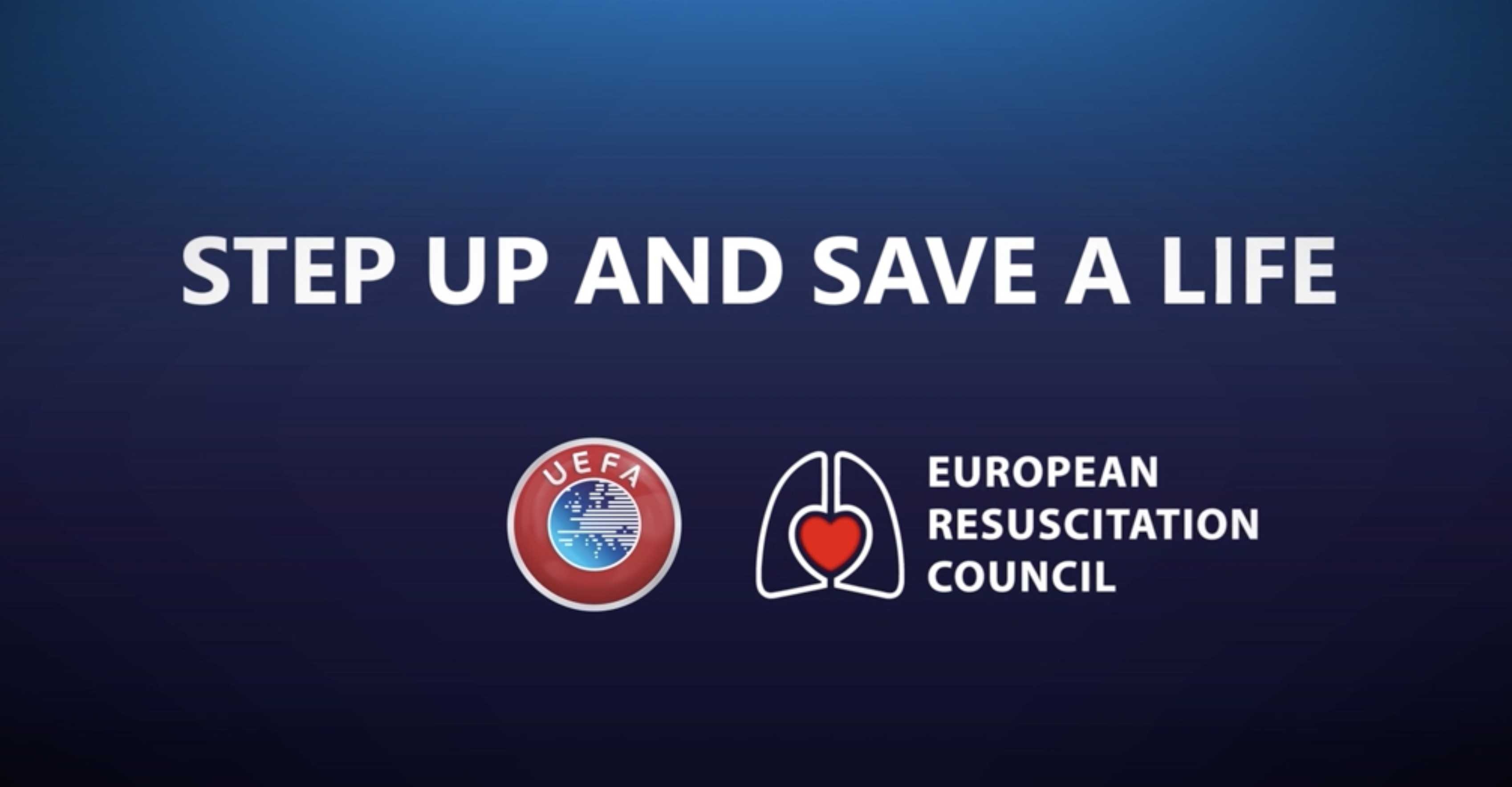
UEFA and European Resuscitation Council team up to promote CPR training and education
A sudden cardiac arrest can happen to anyone, anytime and anywhere. Getting medical assistance and starting cardiopulmonary resuscitation (CPR) immediately is crucial, because every second counts.
This is the core message of a new training and education partnership between UEFA and the European Resuscitation Council (ERC). It was also the central element of the opening session of the 8th UEFA Medical Symposium, which kicked off today at the headquarters of the German Football Association (DFB) in Frankfurt.
During the course of this year, UEFA and the ERC will organise CPR training for the teams competing in the women’s Finalissima at Wembley, the Nations League finals in the Netherlands and the Under-21 Championship in Georgia and Romania, as well as the various UEFA youth and futsal competitions. It will also be extended to the staff of UEFA and the 55 member associations, as well as the staff and volunteers working at UEFA EURO 2024 in Germany. The target is to provide in-person training to over 12,000 people in total.
Among the first trainees was UEFA President Aleksander Čeferin who said:
“The role of medicine in football is more important than ever, and UEFA takes great pride in launching this new initiative in cooperation with the ERC. Each of us can be a bystander to a sudden cardiac arrest, and when it happens, every second matters. We want to use football’s powerful voice to raise awareness of this problem and encourage people to educate themselves, step up, and save lives.”
Professor Dr. Koen Monsieurs, the Chair of the ERC and one of the speakers at the symposium, added:
“The European Resuscitation Council is thrilled about our collaboration with UEFA. Through this partnership we will be able to reach a very large number of people with a crucial message: all of us can save a life by spending a little bit of time on learning resuscitation. Together we will increase the rate of survival from cardiac arrest.”
The training roll-out will be complemented later in the year by an awareness campaign encouraging members of the public to become CPR-trained. It is estimated that swift and properly administered assistance can double or even triple the chances of surviving a sudden cardiac arrest, and save up to 100,000 lives a year across Europe.
The joint initiative with the ERC is just one aspect of UEFA’s commitment to ensuring the highest standards of medical care and preparedness within football. Since last year UEFA’s Minimum Medical Requirements stipulate that no UEFA match can start without an advanced life support ambulance and three automated external defibrillators (AED) being present onsite. In addition, UEFA’s Football Doctor Education Programme trains over 1,000 football medical staff every year, while the HatTrick development programme allocates dedicated annual funding to each member association for medical education purposes.